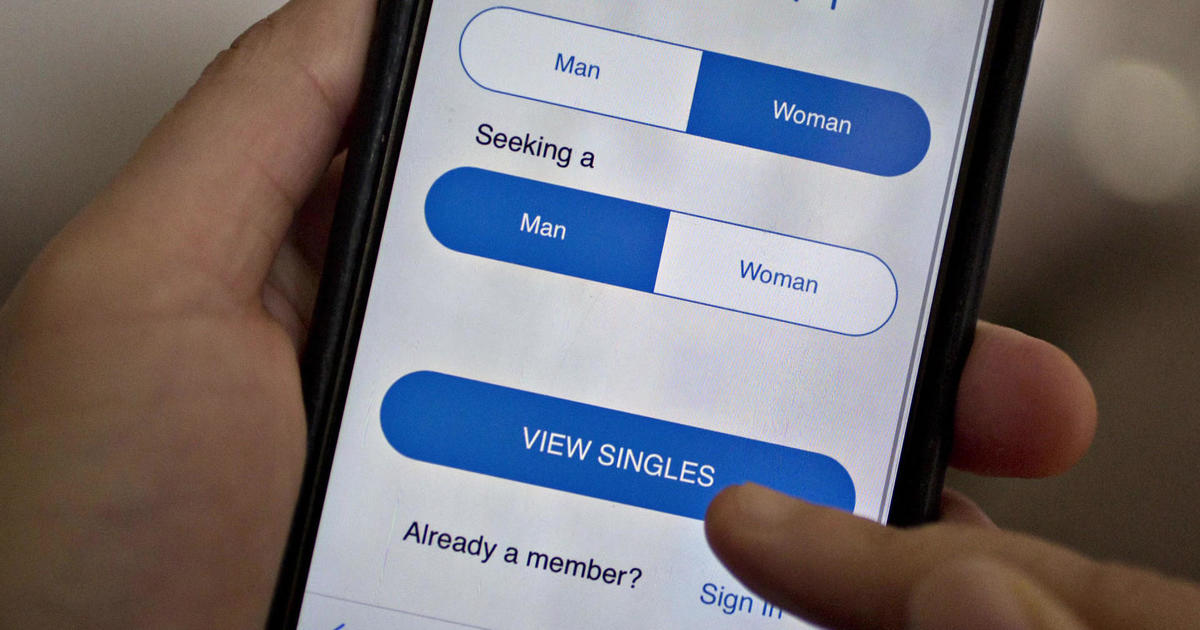Judge orders review of State Department email accounts for Benghazi material
A federal judge on Tuesday ordered the State Department to search "state.gov" email accounts of former Secretary of State and 2016 Democratic nominee Hillary Clinton's top aides Human Abedin, Cheryl Mills and Jake Sullivan for information relating to the 2012 Benghazi consulate attack.
U.S. District Court Judge Amit Mehta agreed with conservative watchdog Judicial Watch in an ongoing legal dispute from a 2015 Freedom of Information Act request seeking Clinton's communications related to Benghazi. The group claims the department's prior searches for emails about Benghazi were "deficient" and needed to be enhanced.
"Although this matter began with much fanfare, the only remaining dispute is whether Defendant Department of State … conducted an adequate search for records responsive to Plaintiff," Mehta wrote in the opinion.
Mehta weighed the watchdog's updated requests, including reviews of "state.gov" email accounts of three Clinton aides for material "concerning, regarding or relating" to Benghazi and emails from a 2016 FBI investigation of Anthony Weiner, Abedin's estranged husband. The later request was deferred to a pending case within the District of Columbia.
"The court finds that State's search was inadequate insofar as it did not search the official state.gov email accounts of Secretary Clinton's three aides, and orders State to conduct a supplemental search of those accounts," Mehta wrote.
Mehta ordered the department to send an update to the court by Sept. 22 about the search of department email accounts from Abedin, Mills and Sullivan. The update is also required to include, according to Mehta, any emails the department "recently received from the FBI" related to Clinton and Benghazi.
"If Secretary Clinton sent an email about Benghazi to Abedin, Mills, or Sullivan at his or her state.gov email address, or if one of them sent an e-mail to Secretary Clinton using his or her state.gov account, then State's server presumably would have captured and stored such an email," Mehta wrote. "State has an obligation to search its own server for responsive records."
Mehta took into account the figures stemming from prior department searches. He wrote that the department formerly reviewed 30,000 emails given directly from Clinton, analyzed thousands of documents from her aides and evaluated supplementary emails acquired by the FBI in its own investigation of Clinton's use of a private email server.
According to the judge, from the 30,000 emails that Clinton turned over, the department found 342 relevant documents. From the thousands of documents from Clinton's aides, only one was flagged. The FBI search yielded just three results.
Judicial Watch still found that these reviews were lacking, claiming there could be potentially crucial information about Benghazi buried somewhere within the State Department's expansive server. Mehta agreed and turned some focus back to resulting factors of Clinton's decision to use a private email server.
"Because Secretary Clinton used a personal e-mail for work-related communications, Plaintiff's request caused State to look beyond its own e-mail servers for responsive records," he wrote. "The court is unconvinced 'beyond material doubt' that a search of the state.gov accounts of Abedin, Mills, and Sullivan is 'unlikely to produce any marginal return.'"
The State Department contends that the court would create an "unworkable standard in future FOIA cases" by requiring it to search through Clinton aides' "state.gov" email servers.



